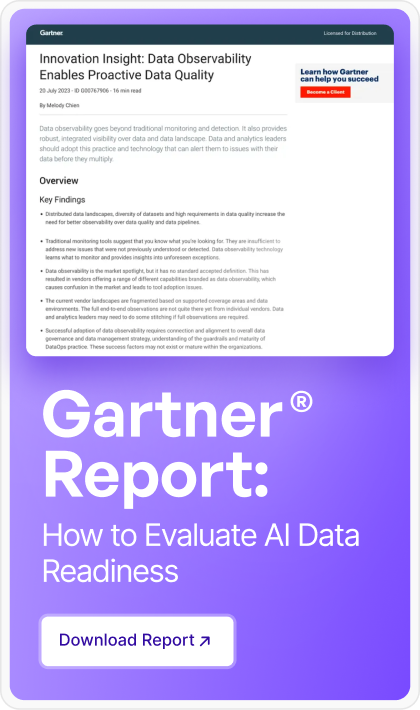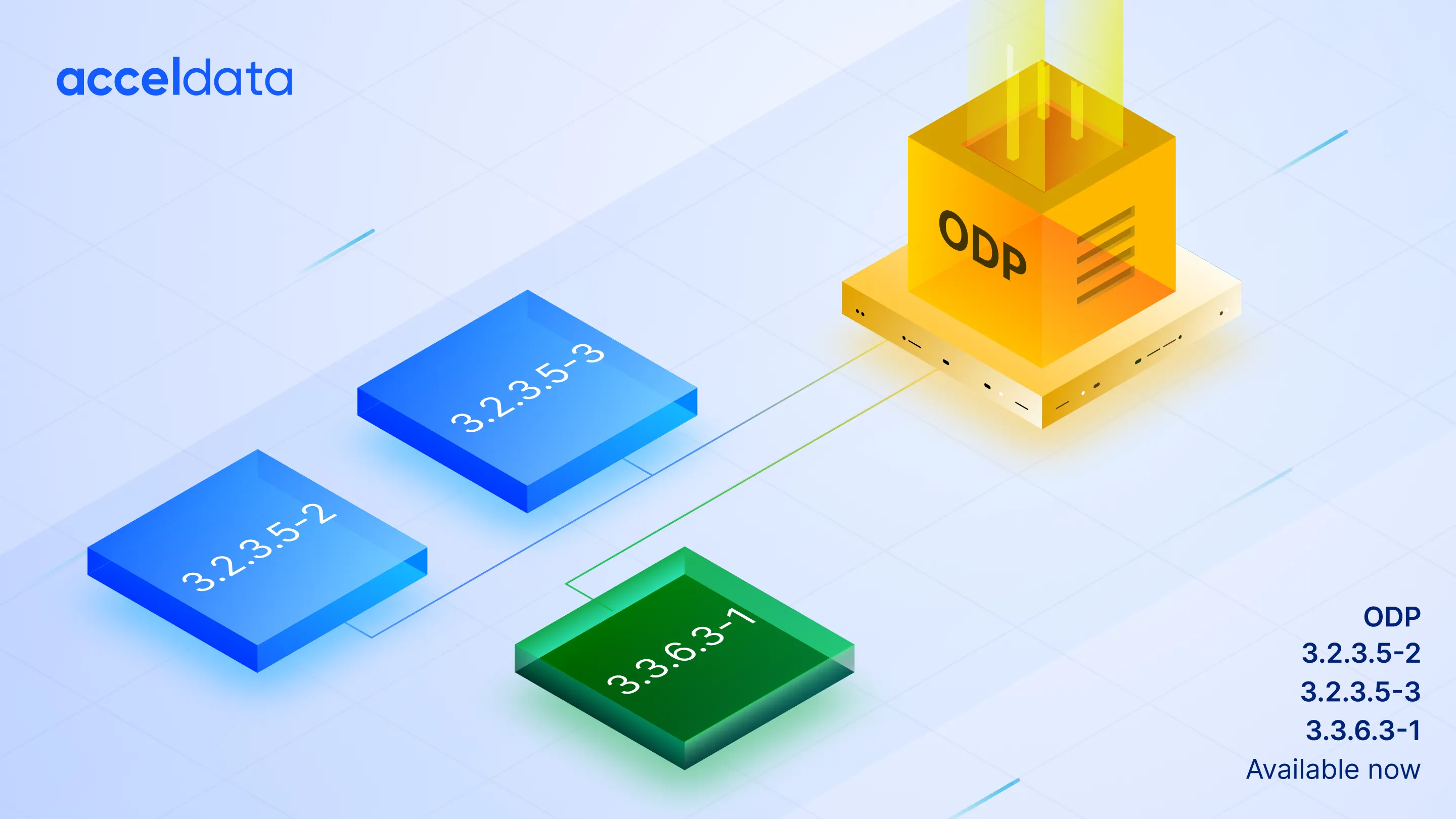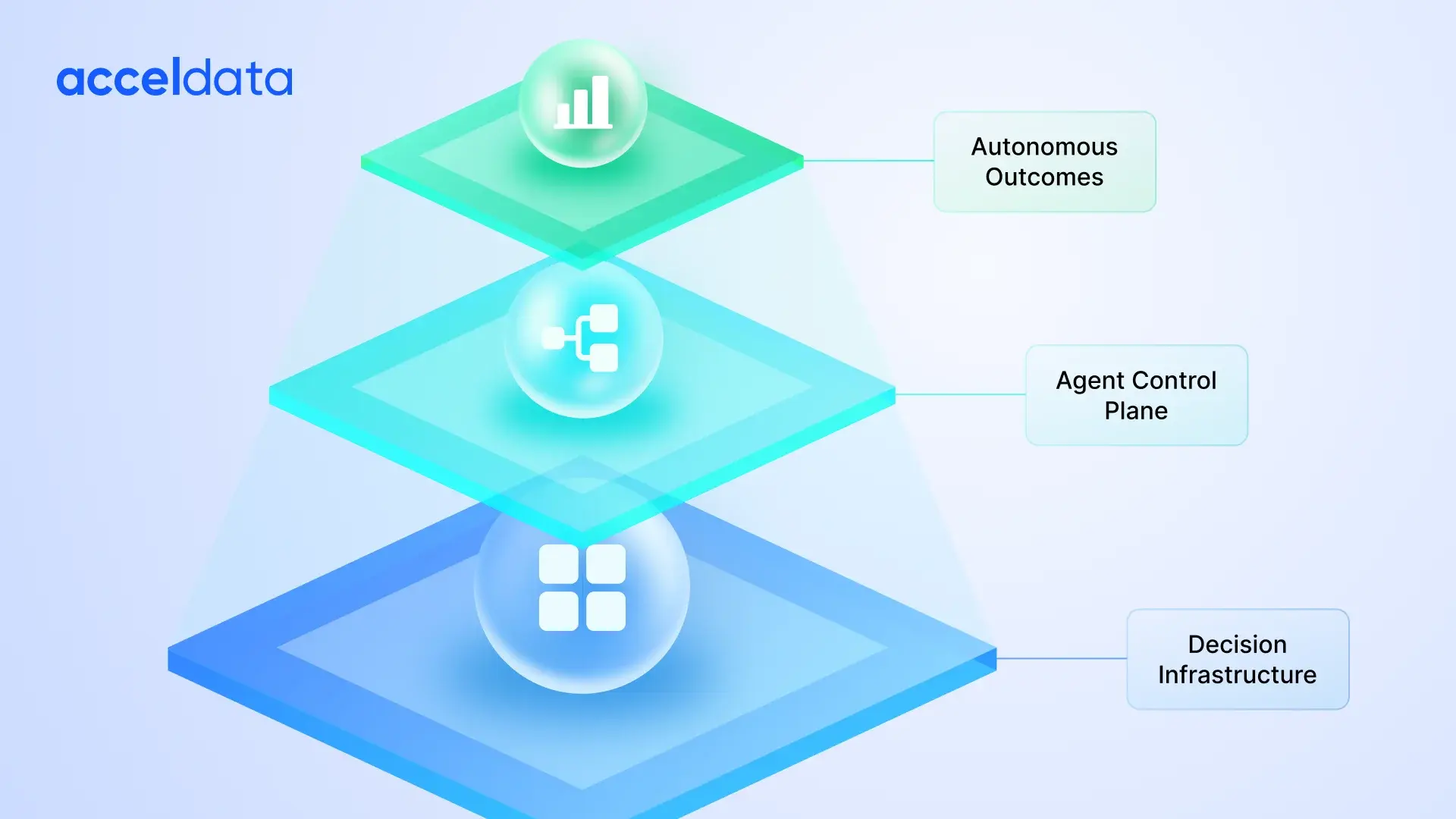Managing and scaling data efficiently has become a top priority for businesses seeking to migrate to cloud environments.
According to a report by CSA, 98% of enterprises use cloud services. However, 84% of organizations struggle with cloud optimization and governance challenges. Organizations are vulnerable to data breaches, non-compliance, and escalating costs without robust cloud data management.
In today’s data-driven world, the cloud offers unprecedented opportunities to businesses looking to expand capacity and improve operational efficiency. However, scaling effectively while maintaining robust data governance necessitates a careful strategy.
This article examines how organizations can achieve effective scaling and strong data governance by leveraging cloud data management techniques, optimizing governance processes, and minimizing costs.
Understanding Cloud Data Governance
Cloud data governance refers to the framework that ensures the integrity, privacy, and security of data within a cloud environment. It plays a crucial role in regulatory compliance and data protection in several ways:
- Data privacy and compliance: Organizations must ensure their cloud data complies with stringent global regulations, such as the General Data Protection Regulation (GDPR). Non-compliance can result in fines—an example being the €746 million fine imposed on Amazon in 2021.
- Data security: Due to the rise in cyberattacks worldwide, protecting cloud-based data has become paramount. Implementing security protocols such as encryption, multi-factor authentication, and secure access control mechanisms helps safeguard sensitive information.
- Data quality and consistency: Inaccurate or incomplete data hampers decision-making and operational performance. Establishing strict data quality controls ensures that businesses can rely on data for analytics and reporting.
Key Components of Cloud Data Governance
Effective cloud data governance not only mitigates risks but also enables smoother data operations and better decision-making across the organization. Businesses must focus on the following key components to implement effective cloud data governance:
1. Data privacy and compliance
Ensuring data privacy and meeting compliance requirements are crucial. Businesses must assess their data against regulatory standards and ensure cloud providers meet necessary compliance certifications such as ISO 27001 and SOC 2.
2. Role-Based Access Control (RBAC)
RBAC helps organizations restrict access to sensitive data based on roles within the organization. This ensures that only authorized personnel can access or modify critical information.
3. Data encryption
Data encryption secures information in transit and at rest. Several cloud providers offer built-in encryption tools, ensuring data protection from unauthorized access.
4. Automated audits and monitoring
Utilizing AI and machine learning for continuous monitoring and automatic audits minimizes human error. These systems can detect anomalies in real time, alerting IT teams to potential breaches or compliance issues.
Importance of Scalability in Cloud Data Management
Scalability is one of the key benefits of cloud data management. Organizations that move to the cloud expect the infrastructure to grow seamlessly as data demands increase. Cloud data management offers the following benefits:
- Unlimited scalability: Cloud platforms offer elastic compute and storage, unlike traditional data centers with physical limits. Companies such as Netflix and Spotify rely on cloud scalability to serve millions of users without experiencing performance bottlenecks.
- Cost efficiency: Cloud services operate as per the pay-as-you-go model, reducing the need for costly on-premises infrastructure. This helps keep your cloud infrastructure cost-efficient.
- Operational flexibility: Cloud environments allow businesses to scale up or down depending on current requirements. This flexibility is particularly useful for organizations that experience seasonal spikes in data usage or demand.
Businesses can accommodate future growth without significant capital investment by investing in scalable cloud infrastructure.
Strategies for Optimizing Cloud Data Governance
Organizations must adopt a strategic approach to data governance in order to effectively manage and secure data in the cloud. Using the right methods not only boosts compliance but also enhances operational efficiency.
Here are some key strategies for optimizing cloud data governance:
1. Automation in governance
Automation is becoming a vital tool for ensuring cloud governance. AI and machine learning technologies can be deployed to automate data classification, compliance monitoring, and access management.
2. Metadata management
Metadata management tools help organizations keep track of data lineage, classification, and usage. With metadata, businesses can easily track the origin and flow of data, ensuring compliance and consistency throughout their cloud ecosystem.
3. Cloud-native governance tools
Cloud-native governance tools such as AWS Config and Azure Policy provide built-in compliance tracking and enforcement. These tools simplify governance, enabling businesses to focus on operations rather than the complexities of manual governance processes.
Strategies for Enhancing Scalability with Cloud Infrastructure
Organizations must adopt strategies that maximize resource efficiency and minimize operational overhead in order to improve scalability in the cloud. Businesses can dynamically scale to meet evolving demands by leveraging the inherent flexibility of the cloud. Given below are the prominent strategies for enhancing scalability in cloud infrastructure:
1. Elastic compute and storage
Traditional on-premise infrastructure compels businesses to invest in fixed resources, resulting in wasted capacity during low-demand periods and resource shortages when demand surges.
On the other hand, elastic compute and storage in cloud computing allows businesses to increase or decrease resources as required. This flexibility is a key driver of cost efficiency, ensuring companies are not paying for unused infrastructure.
2. Serverless architecture
Companies must manage and maintain physical servers in traditional infrastructure, dealing with ongoing updates, patches, and operational complexities.
Serverless computing eliminates the need for server management. Serverless computing provides an infrastructure model where cloud providers dynamically allocate resources as required. This minimizes operational complexity and costs while ensuring optimal performance.
3. Microservices and containerization
Traditional monolithic applications bundle all services into one large system, making scaling challenging and resource-intensive.
Using microservices and containers allows organizations to break applications into smaller, scalable components. This architecture makes scaling individual services easier, resulting in better resource utilization and reduced costs.
Success Stories: Businesses Thriving with Scalable Cloud Solutions
Several businesses have successfully harnessed scalable cloud solutions to drive growth and improve operational efficiency. The following companies have leveraged the flexibility and power of the cloud to manage large datasets, provide seamless user experiences, and reduce costs:
1. Netflix
Netflix uses AWS cloud services for scalable data management and real-time analytics. It leverages AWS’s elasticity to ensure smooth user experiences, with millions of users streaming content globally.
2. Spotify
Spotify migrated to Google Cloud to optimize scalability and data management. It delivers personalized music recommendations to millions of users worldwide through Google’s machine learning and BigQuery services.
3. Dropbox
Dropbox significantly improved its scalability and reduced operational costs by transitioning from an on-premise data center to AWS. This shift allowed Dropbox to save millions of dollars and migrate more than 300 TB of data efficiently within two weeks.
Future Trends in Cloud Data Governance and Scalability
The future of cloud data management is set to evolve through key technological advancements and strategic approaches. These trends will enable organizations to manage their data more effectively, improve compliance, and strengthen security. Some of the most notable trends include:
- AI-driven governance: AI is likely to play a key role in automating governance processes, reducing human intervention, and increasing compliance accuracy. It will streamline tasks such as policy enforcement and data classification, leading to more efficient cloud data management.
- Hybrid and multi-cloud strategies: Businesses are expected to adopt hybrid and multi-cloud strategies to enhance flexibility, performance, and governance. This approach would enable organizations to optimize workloads across multiple platforms while ensuring scalability and avoiding vendor lock-in.
- Enhanced security protocols: Cloud data management will increasingly rely on advanced encryption methods and AI-based threat detection due to the rise in cyberthreats. These enhanced security measures will help organizations proactively safeguard sensitive data and maintain compliance with evolving regulations.
Transform Your Cloud Data Management with Acceldata’s Solutions
Businesses need more than just cloud infrastructure to succeed in today's digital landscape. They need to adopt a strong framework for cloud data governance and scalability.
Acceldata offers a unified platform that integrates seamlessly with cloud environments, providing enhanced data governance and scalability solutions.
Acceldata ensures businesses optimize their cloud operations through real-time monitoring, automated compliance checks, and predictive analytics. With Acceldata, companies can achieve cloud cost optimization, enhance data integrity, and scale seamlessly while upholding strict governance policies.
Request a demo today to discover how Acceldata can transform your cloud data management strategy and help you stay ahead in the data-driven world.
Summary
Cloud data management is crucial for businesses looking to manage increasing data volumes while ensuring governance and scalability. Organizations can ensure data security and compliance while scaling effectively in the cloud by adopting strategies such as automation, Role-Based Access Control, and real-time monitoring.
Platforms such as Acceldata enhance these capabilities, enabling businesses to future-proof their operations in an increasingly data-driven world.








.png)








.webp)
.webp)


